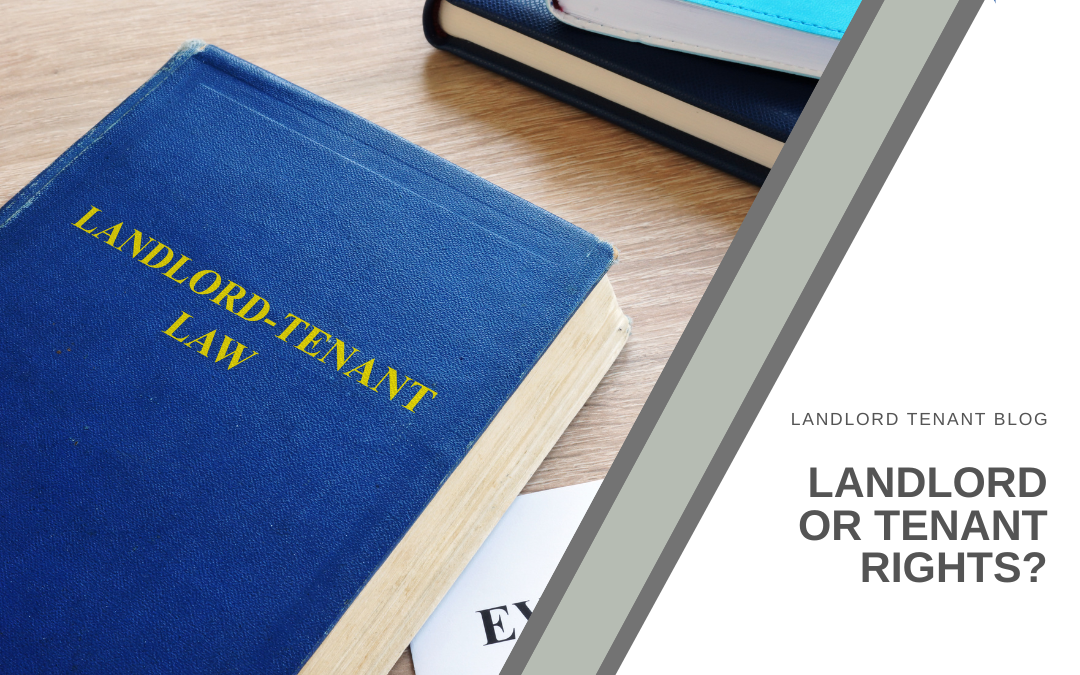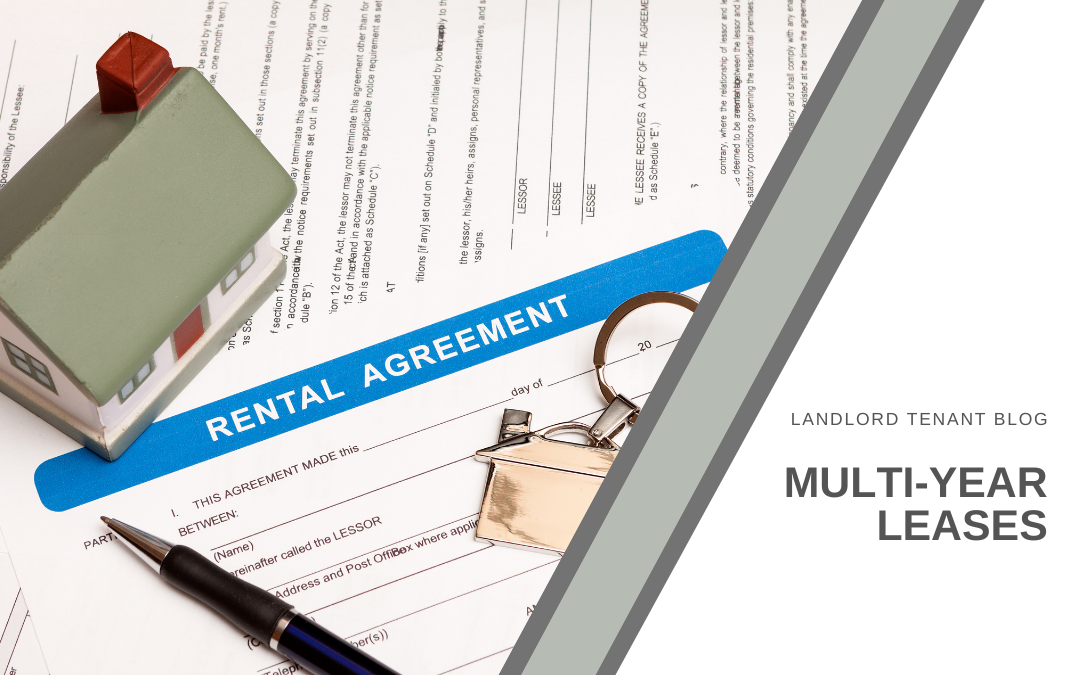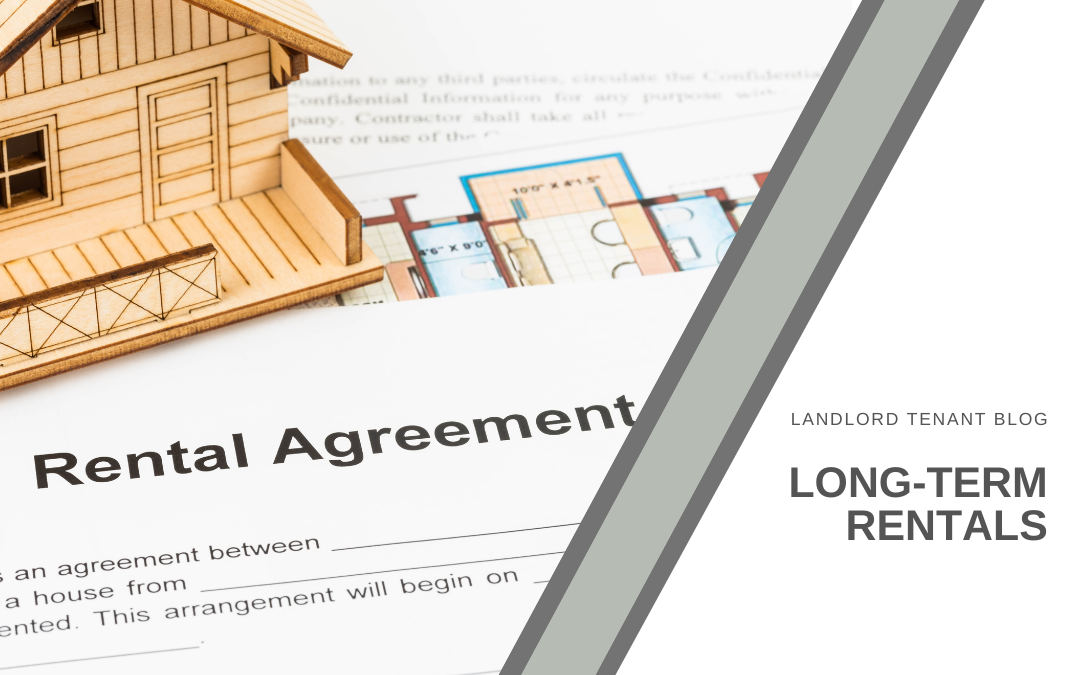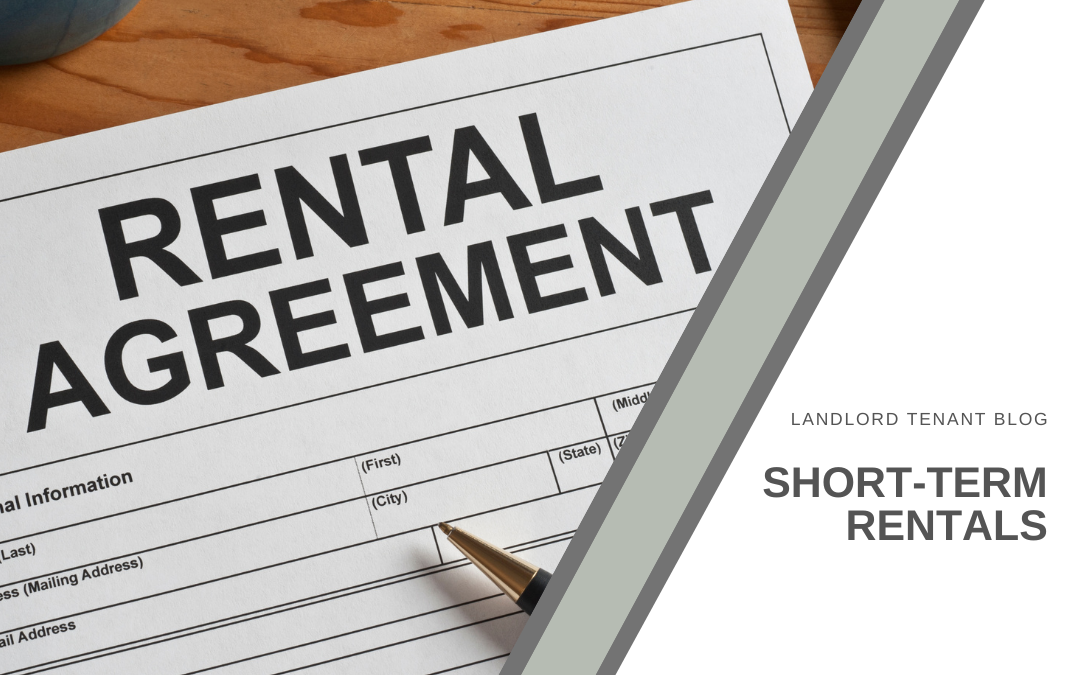
by designonetest | Dec 12, 2022 | Landlord Tenant
Tenant rights primarily address discrimination, credit, rent increases, access to the property, and the condition of the property. The Federal Fair Housing Act The Federal Fair Housing Act prohibits landlords from discriminating on the basis of race or color,...

by designonetest | Dec 12, 2022 | Landlord Tenant
The relationship between landlords and tenants has evolved throughout the history of the United States. According to a perspective published by the American Bar Association, in early American history, a lease was interpreted as a common law conveyance of real property...

by designonetest | Dec 12, 2022 | Landlord Tenant
In some circumstances and markets, it makes sense to offer longer rental periods, such as multi-year leases. These leases offer the tenant the peace of mind of no rental increases or a pre-set annual increase while allowing them the security of knowing where they will...

by designonetest | Dec 12, 2022 | Landlord Tenant
Long-term rentals refer to lease agreements for a period of one year or longer. In residential rentals, landlords leasing an apartment, condo, or home typically offer a one-year lease. This time period allows tenants to settle in and live comfortably, knowing they...

by designonetest | Dec 12, 2022 | Landlord Tenant
In some geographic areas, shorter-term rentals may be more lucrative than traditional annual or multi-year leases. These properties are typically fully furnished, including bedroom sets, living room furniture, recreation areas, and fully stocked bathrooms and kitchens...

by designonetest | Dec 12, 2022 | Landlord Tenant
A Landlord is a person who owns and leases a property to a tenant who occupies/uses the property for a specific use and time period according to terms outlined in a lease agreement. The duration of that lease can vary immensely, especially in the modern tenant market....








